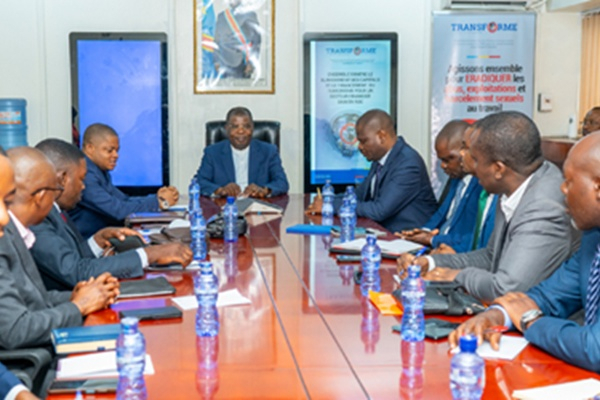A week ago, Ahmed Mukuna, the quaestor of the Haut-Katanga provincial assembly, led a delegation to a Coordination Unity of the Transforme Project. Mukuna went to find out why Lubumbashi was excluded from the program. This initiative, which supports small and medium-sized enterprises (SMEs), overlooked the capital of Haut-Katanga, despite its participation in the pilot phase of the project, the PADMPME.
Alexis Mangala, the project's National Coordinator, explained that the financing agreement signed with the World Bank in June 2022 dictates which towns will benefit. Currently, only Bukavu, Bunia, Goma, Kananga, Kinshasa, Matadi, Mbuji-Mayi, and the Kasangulu-Muanda Corridor are included.
During the visit, the Haut-Katanga delegation said it would keep pledging its case with the Minister of Finance and the World Bank. They emphasized that this support is crucial for local SMEs, which have protested against the exclusion.
This appeal comes at a time when several cities involved in Transforme have been affected by renewed tensions following an offensive by M23 rebels and their Rwandan allies that began in January 2025. Bukavu and Goma, the capitals of South and North Kivu respectively, are currently under rebel control, threatening economic activities. Meanwhile, Lubumbashi is stable and seems like a viable alternative for the project. However, incorporating Lubumbashi into Transforme would necessitate a revision of the existing financing agreement with the World Bank.
The program directly supports businesses and aims to foster a sturdier entrepreneurial ecosystem. Beneficiaries will be selected through a business plan competition, with three competitions planned between September 2024 and June 2027 to support 800 SMEs and establish 3,050 new businesses. The initiative also aims for 60% female participation among winners and partly focuses on climate resilience.
This article was initially published in French by Boaz Kabeya (intern)
Edited in English by Ola Schad Akinocho










